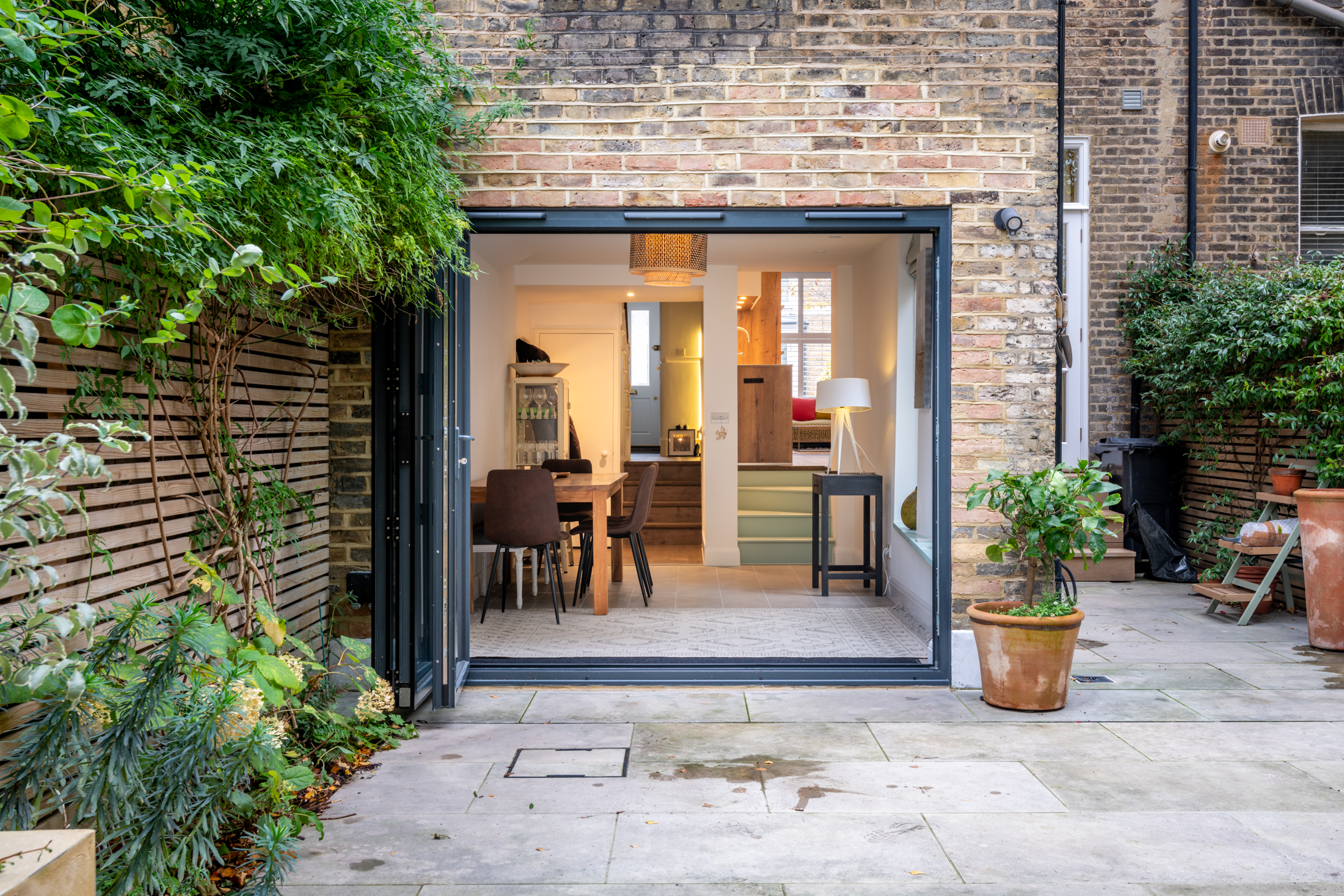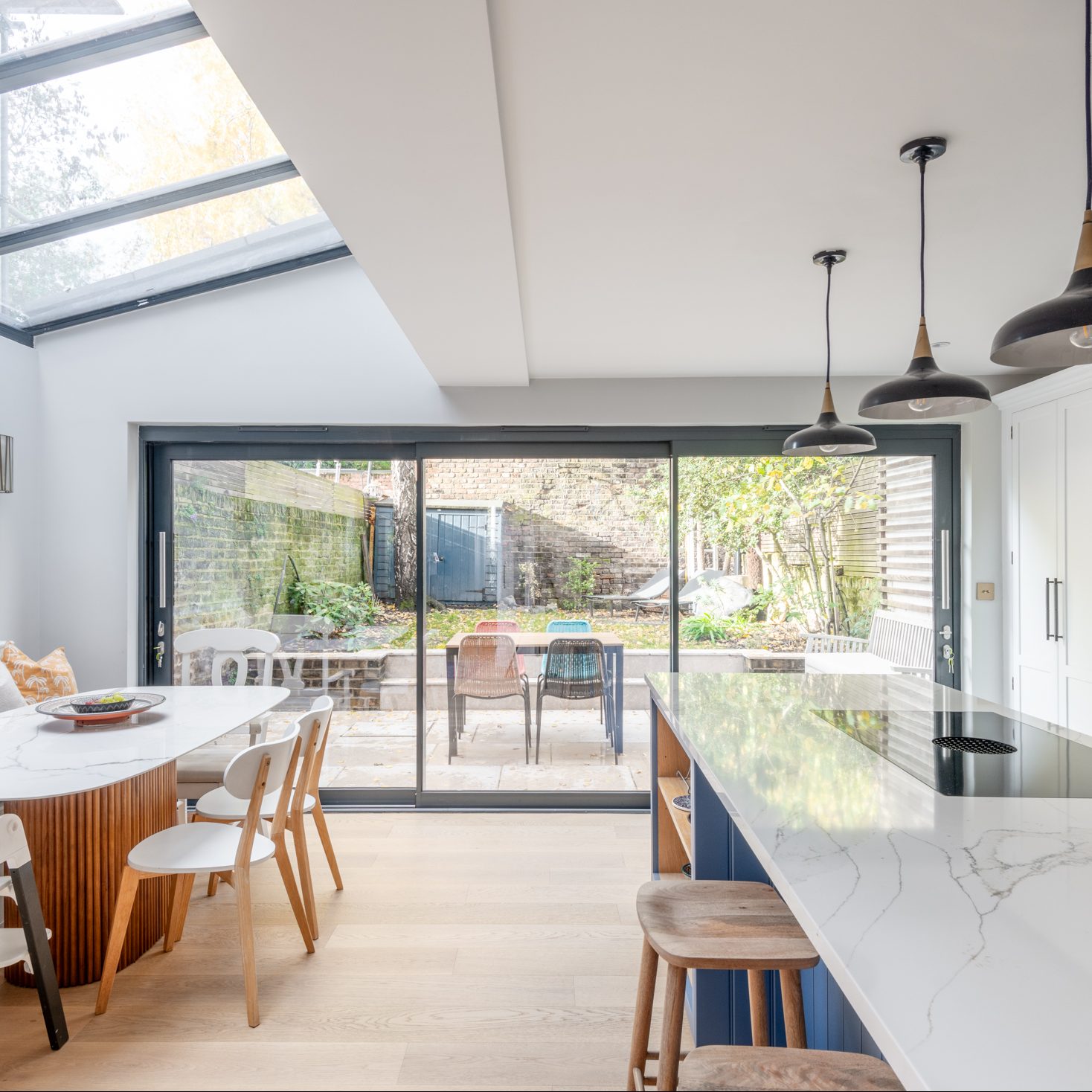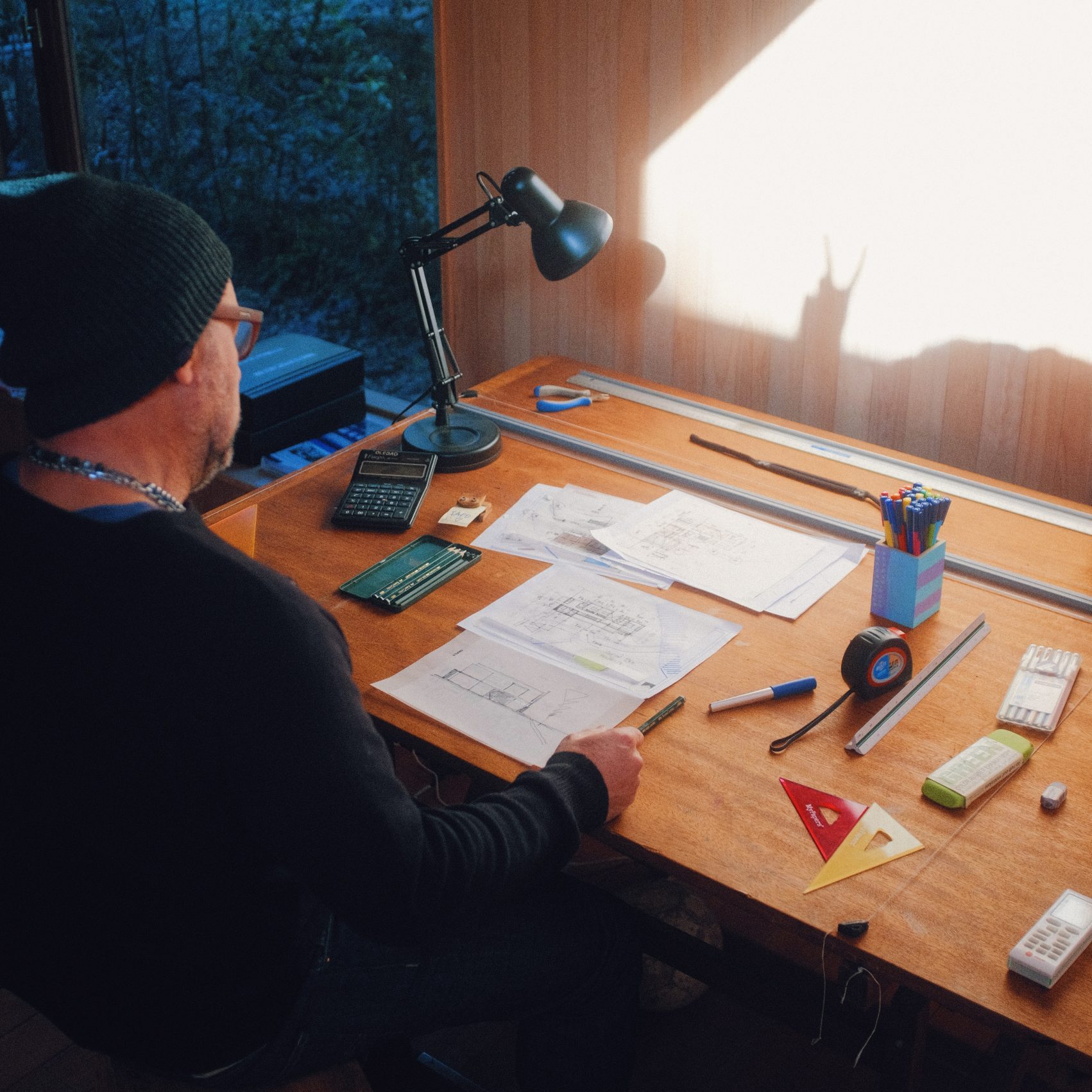The Ultimate Guide to Planning a Home Renovation in London

Renovating a home in London can be an exciting endeavour, but without proper planning, it can quickly become stressful and costly. Thorough planning is the cornerstone of a successful home renovation project, allowing you to achieve your desired outcomes while minimising setbacks and unexpected expenses. In this guide, we will delve into the importance of meticulous planning, outline the essential steps in the planning process, and provide insights into setting realistic goals and priorities for your London home renovation.
1. The Importance of Thorough Planning:
Before diving into any renovation project, it’s crucial to emphasise the significance of thorough planning. Planning serves as the foundation for a smooth and successful renovation, helping you avoid common pitfalls and ensuring that your project stays within budget and timeline constraints. Proper planning also facilitates effective communication with contractors, architects, and other professionals involved in the renovation process, leading to better collaboration and outcomes.
2. Steps Involved in the Planning Process:
a. Define Your Vision: Begin by clarifying your renovation goals. What are your reasons for renovating? Are you looking to increase space, enhance aesthetics, improve functionality, or add value to your property? A clear vision will guide your decisions throughout the planning process.
b. Assess Your Budget: Determine how much you’re willing to invest in the renovation. Consider all costs, including materials, labor, permits, and potential contingencies. It’s wise to set aside a buffer for unexpected expenses.
c. Research and Inspiration: Explore design trends, gather ideas from magazines, websites, and social media platforms, and create a mood board. This will help you refine your preferences and communicate your vision to professionals.
d. Prioritize Areas: Identify which areas of your home require the most attention. Rank these priorities based on urgency, importance, and budget constraints. This will help you allocate resources effectively.
e. Find Reliable Professionals: Research and select reputable architects, contractors, and interior designers. Check their credentials, view their portfolios, and request references to ensure their expertise aligns with your project.
f. Design and Layout: Collaborate with your chosen professionals to create detailed plans, layouts, and blueprints. Discuss materials, finishes, and design elements that reflect your vision and budget.
g. Obtain Permits: Depending on the scope of your renovation, you may need permits from local authorities. Ensure you acquire all necessary permits to avoid legal issues down the line.
h. Create a Timeline: Work with your professionals to develop a realistic timeline for each phase of the renovation. Factor in potential delays and contingencies to prevent frustration.
3. Setting Realistic Goals and Priorities:
a. Align with Your Budget: While your dreams might be grand, it’s important to set goals that align with your budget. Be realistic about what you can afford to avoid overspending.
b. Consider Functional Improvements: Prioritize renovations that enhance the functionality of your home. Focus on upgrades that improve daily living and address any long-standing issues.
c. Balance Aesthetics and Value: Strive for a balance between aesthetic upgrades and projects that add tangible value to your property. Some renovations, like kitchen and bathroom remodels, tend to offer higher returns on investment.
d. Flexibility in Design: Be open to adjustments in your design as you progress. Sometimes, unexpected challenges or opportunities arise that might require modifications to your initial plans.
In conclusion, planning a home renovation in London is a comprehensive process that demands careful consideration and meticulous organization. Thorough planning ensures that your renovation journey is smooth, successful, and aligned with your goals and budget. By following the steps outlined in this guide and setting realistic priorities, you’ll be well-equipped to embark on a transformative home renovation experience in one of the world’s most vibrant cities.
4. Taking Time to Find a Good Architect and a Good Builder:
When it comes to executing a successful home renovation in London, the professionals you choose to work with can make all the difference. Finding a skilled architect and a reliable builder is a crucial step that requires careful consideration and ample time. Here’s why these selections matter and how to go about making the right choices:
a. The Role of an Architect: An architect is not only responsible for translating your vision into tangible plans but also for ensuring that your renovation complies with local building codes and regulations. They bring expertise in design, space optimization, and structural integrity to the table. Taking the time to find the right architect can significantly impact the overall quality of your renovation.
How to Find a Good Architect:
- Research: Look for architects with a strong portfolio of projects similar to yours. This could be through online platforms, recommendations from friends or family, or by attending architectural events and exhibitions.
- Interviews: Schedule meetings with potential architects to discuss your project, ask about their approach, and gauge how well your personalities and visions align.
- References: Request references from previous clients to understand their satisfaction with the architect’s work and communication style.
- Credentials: Ensure the architect is licensed and registered with relevant professional organizations. This guarantees a certain level of expertise and accountability.
b. The Significance of a Reliable Builder: A builder is the backbone of your renovation project, responsible for turning architectural plans into reality. Their craftsmanship, attention to detail, and project management skills play a crucial role in the overall success of your renovation.
How to Choose a Good Builder:
- Ask for Recommendations: Seek recommendations from your architect, friends, family, and colleagues who have recently completed successful renovations.
- Portfolio Review: Evaluate the builder’s previous projects to gauge their skill level and the quality of their work. Look for craftsmanship, attention to detail, and alignment with your project’s style.
- Transparent Communication: Engage in candid conversations with potential builders about your project, budget, and timeline. A reliable builder should be transparent about costs and potential challenges.
- Check References: Contact previous clients to inquire about their experiences working with the builder. Were they satisfied with the outcome? Was the project completed within the agreed-upon timeframe?
- Licensing and Insurance: Verify that the builder holds the necessary licenses and insurance coverage to work on your project. This protects both parties in case of unexpected events.
Time Well Spent: While the process of finding a suitable architect and builder may take time, it’s an investment that pays off in the long run. The right professionals will understand your vision, guide you through challenges, and collaborate seamlessly to bring your renovation dreams to life. By dedicating time to select individuals who are aligned with your goals, you’re setting the foundation for a successful and satisfying home renovation experience in London.
Incorporating this step into your planning process ensures that every aspect of your renovation, from design to construction, is executed with precision and expertise, resulting in a space that not only meets but exceeds your expectations.




